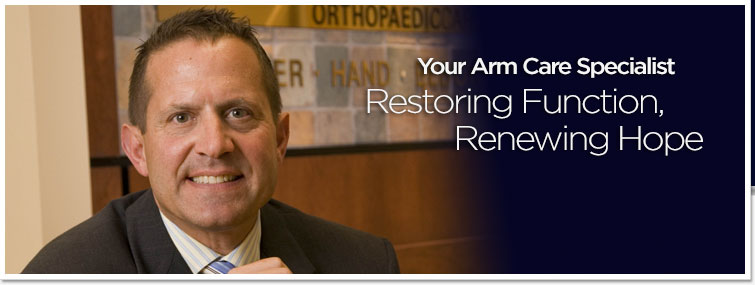Our Practice has MOVED
Our new location is:
Suite 405
1815 South Clinton Ave
Rochester, NY, 14618.
The NEW phone number is 585-565-3500

Postoperative Care
Please know that these are general guidelines. There are exceptions that obviously depend on individualized care, injuries and recuperation. Your therapy program will be personalized for you along with your follow-up appointments. If this does not meet up to your satisfaction, please express your thoughts at the time of surgical booking because we need to understand your expectation as well as explain our guidelines. We want to manage and understand all your expectations.
It is important for you to know that the four to six week time period after surgery is a crucial time in orthopaedics because it is when key adjustments in the therapy program occur. If there are any adjustments that are needed, we will modify your post-operative care plan as necessary to ensure that we get your recovery on target to deliver the best healthcare for you.
It is very important to let you know that at most visits you will see Dr Tomaino. However, occasionally—for example for dressing changes or routine follow-ups, you may see his nurse or Physician Assistant/Nurse Practitioner.
Most of the time we will schedule your first post-operative appointment when you schedule surgery. You will schedule the remaining appointments with the office staff each time you leave the office.
Postoperative Medications
Medication: You will be discharged with instructions to take TWO different medications. The Non-Steroidal Anti-Inflammatory (NSAID) is available over the counter. The Pain Killer is by prescription only and will typically be one of the following: Percocet, Oxycodone, Oxycontin,Vicodin, Darvocet, Tylenol #3.
- Non-Steroidal Anti-Inflammatory (NSAID): START TAKING THESE MEDICATIONS THE DAY YOU GET HOME FROM THE HOSPITAL. An anti-inflammatory is used to help reduce swelling and pain. You need to take your anti-inflammatory on a regular basis for a full 6- 12 weeks after surgery. These medication options include ADVIL and ALEVE and are available over the counter. For pain while taking the anti-inflammatory you can take Tylenol (acetaminophen). DO NOT TAKE ANTI-INFLAMMATORIES IF YOU HAVE AN ASPIRIN ALLERGY OR ANY ACTIVE STOMACH/ULCER PROBLEMS.
- Pain Killer: ONLY TO BE TAKEN AS NEEDED FOR PAIN. YOU MAY START TAKING THE DAY YOU GET HOME FORM THE HOSPITAL. A narcotic is taken to help decrease pain after surgery. Discomfort can be expected after surgery and we want you to be able to keep on top of it. The pain medication is to be taken ONLY AS NEEDED. Even if you do not think you will need it, we do want you to fill the prescription so that you have it. Narcotics can cause drowsiness, so do not drink or drive while taking this medication. They may also cause nausea. If you go back to work soon after surgery you may want to take it in the evenings and use only the anti-inflammatory for pain during the day. Extra strength Tylenol is also a great pain killer and can be taken as a first resort with your anti-inflammatory to decrease the need for a narcotic. Taking a pain killer on a regular basis can cause constipation. To help keep you regular, use an over the counter fiber supplement such as Metamucil or Citrucel.
Medication Refills: If you notice you are getting low on a medication that you need and do not have any remaining refills, please plan ahead and notify us at least two days before your medication runs out.




